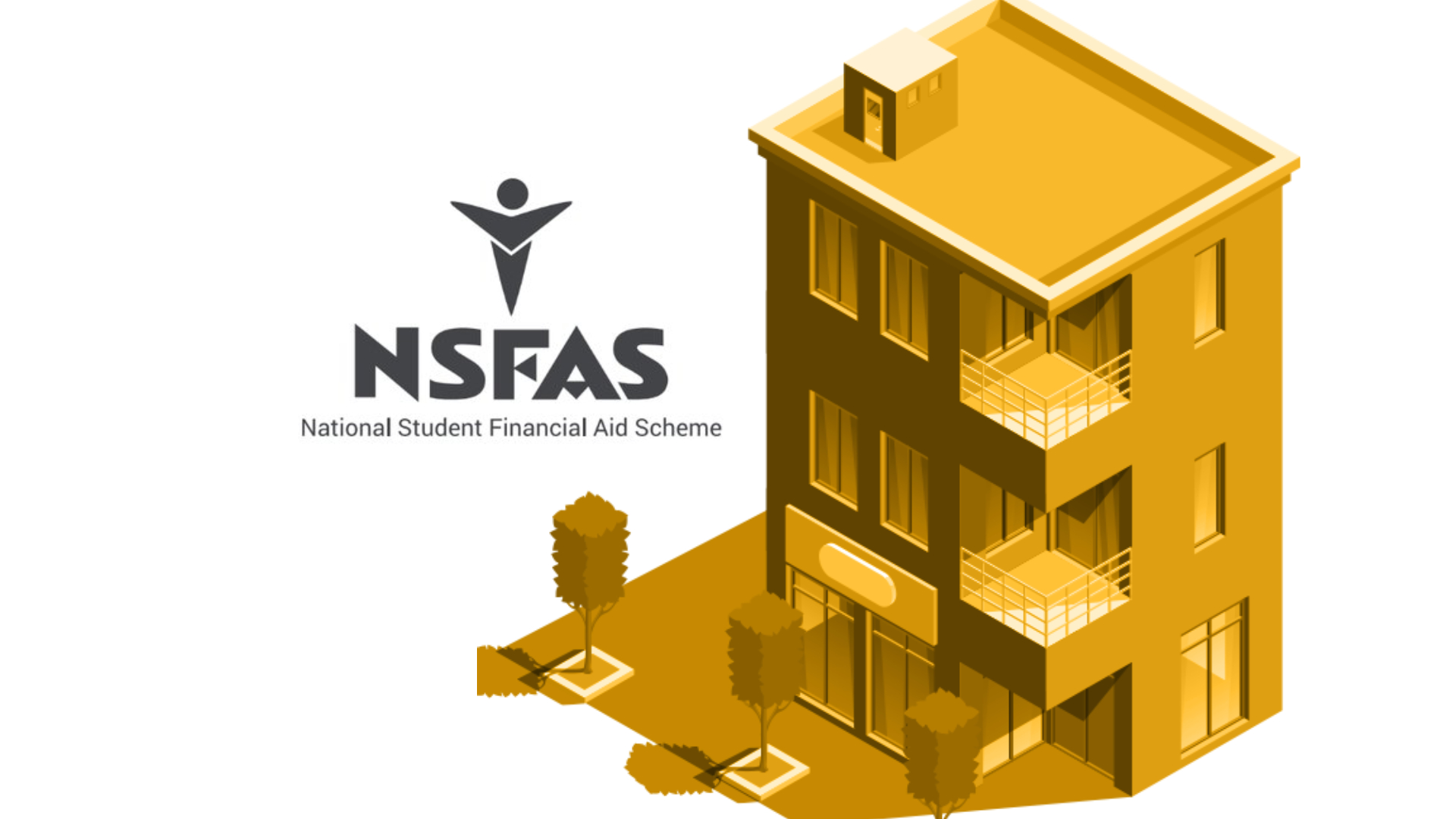- The South African Student Congress has rejected NSFAS’ continued use of its four payment partners and urges its members to protest.
- NSFAS is currently facing a chaotic 2024 academic year, with enormous confusion around its payments to students.
- Despite thousands of students struggling for their money and consistent backlash, nothing seems to be happening at the scheme.
The ANC-affiliated South African Student Congress (SASCO), one of the oldest students’ rights groups in the country, published a statement on its social channels on Thursday rejecting the continued reliance of NSFAS on its four fintech partners to disburse funds to beneficiaries.
It has urged its members and other students to protest the entire direct payment system. This would not be the first time politically affiliated student groups have been roused to anger by NSFAS and its fintech partners.
Days following the launch of the direct payment system in July last year, the EFF student council from the University of Cape Town, the Democratic Alliance Student Organisation (DASO) and students at the University of Johannesburg claimed that NSFAS was exploiting students and alleged corruption.
Some went so far as to threaten the safety of employees belonging to the four fintech partners, namely Noracco, Tenet Technology, eZaga, and Coinvest Africa.
“It has been clearly indicated and substantiated that the four companies are not fit for the task of distributing students allowances,” the SASCO statement reads. It continues to say that the NSFAS board of directors made this point clear.
‼️
— SASCO NATIONAL (@SascoNational) April 4, 2024
SASCO rejects the reinstatement of the NSFAS Direct Payments through the four allowance distribution companies:
EZAGA, NORRACO,TENET & COINVEST.
We urge our constituency to polish their activism boots and remain militant against all forces that threaten academic excellence. pic.twitter.com/DyygrpIPHg
At the end of 2023, the board, led at the time by Ernest Khoza, who has taken a leave of absence as he is implicated in a related investigation, said that NSFAS would be terminating the contracts of the four fintech companies, but only because they were found by an internal investigation to have been procured illegally.
The fintech partners are still being paid
As of April 2024, these contracts are still not terminated, and the four fintech firms are still disbursing funds to students. On this, SASCO alleges that students have been subjected to payment delays because of the companies, blaming “insufficient distribution systems” and “poor administration.”
“These companies have proven not to be reliable, professional and commendable to handle tax payers monies in the scope of distributing allowance both in Universities and TVET Colleges,” it reads. The ANC-led government has granted NSFAS R53.6 billion to fund the studies of more than one million beneficiaries for the 2024 academic year.
“These four companies, in the main, have no capacity nor working capital to handle billions of Rands, and sadly rely of NSFAS payouts for their operational expenditure.”
There is no question that thousands of NSFAS beneficiaries have struggled and continue to struggle to receive their funds after the poorly implemented direct payment system came into being. A system that, NSFAS’ own investigation shows, was put into practice without a feasibility study.
Hypertext has received several emails from concerned students asking for help in receiving their stipends from at least two of the fintech companies. One student claimed that their queries were met with no response. On official NSFAS channels, the situation is the same with many students claiming to be struggling with payment.
The CEO of Tenet Technology, Ryan Passmore told us via email that his company’s support channels are constantly overwhelmed with questions from students, pointing to the rushed and poorly thought-out nature of the system.
Meanwhile, Saud Ally, the CEO of eZaga in an interview with Hypertext last year, seemed frustrated with the rollout of the direct payment system and was upset about the reaction his company and others were receiving.
Ally suggested that the four companies were simply hired to do a job, and any faults in communicating issues to students fall in the lap of NSFAS. With that, we tend to agree. eZaga and Tenet have consistently said that they are left in the dark by NSFAS, and are continuing to pay students as if business as usual.
In fact, they claim they have yet to see the infamous Werkmans Attorneys report that implicated former CEO Andile Nongogo and alleged illegal tender procurement from eZaga and the other companies.
Seemingly, NSFAS has no idea what it’s doing
Publically, NSFAS says it will fire the four companies when it has found a solution to replace the direct payment system, without giving a timeline, but at least for March we can confirm that universities were paying students and the fintech partners were paying students. Both at the same time. How this was worked out is still unknown.
Universities were brought back into the fold by NSFAS to aid it in disbursing funds to students. Institutions were again acting as the middle-man between the scheme and students, at least for March. A job that the four companies are being paid to do.
In fact, SASCO’s rejection of the “reinstatement” of the four companies seems to be a core issue for NSFAS at the moment. The companies were never not instated. They have continued to disburse funds to students since July 2023.
Despite the multi-billion Rands in taxpayer funds given to NSFAS to handle, it is the scheme itself that has proven unable to handle the scope of its responsibilities. Nor has it proved itself capable of adequately communicating with the public on how exactly it is managing the funds of millions of disadvantaged young people.
There is still no word from the scheme on how it will replace the now much-maligned direct payment system. We imagine that at this point, NSFAS could wait until the 2025 academic year to make changes.

